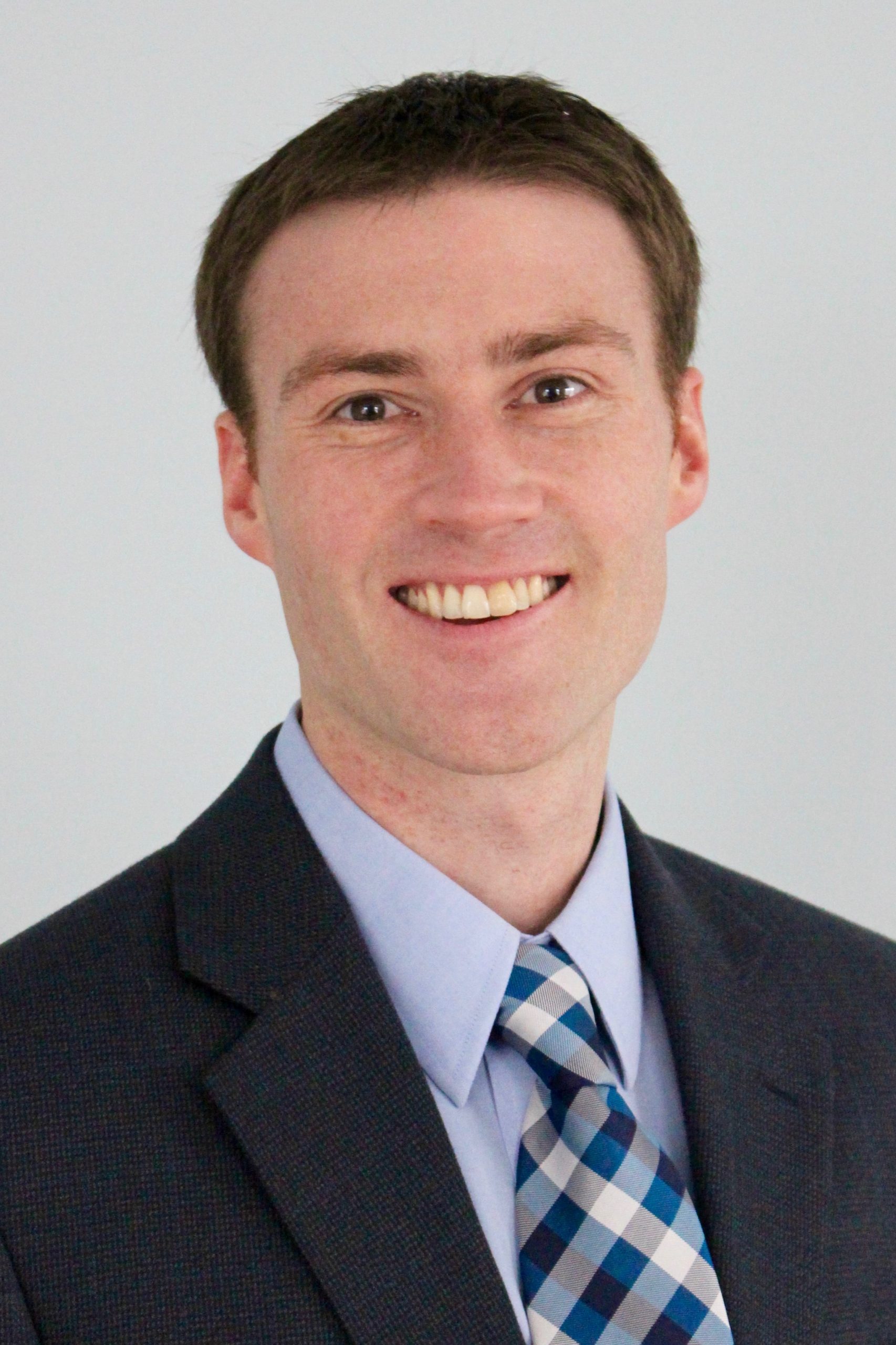Assistant Professor of Biomedical Engineering
Specialty Areas: Tissue-engineering, stem cells, aging, murine models of osteoarthritis, genome editing.
Chronology: BS: Duke University (Biomedical Engineering), 2005; Ph.D.: Duke University (Biomedical Engineering), 2012; Post-doc: Duke University Medical Center (Orthopaedic Surgery, laboratory of Dr. Farshid Guilak) 2012-2014; Post-doc: University of North Carolina (Lineberger Comprehensive Cancer Center, laboratory of Dr. Norman Sharpless): 2014-2017; Assistant Professor of Biomedical Engineering: University of North Carolina and North Carolina State University, 2017-present.
Description of research and/or clinical interests: Dr. Diekman’s lab seeks to combine studies on the basic biology of aging with tools from the field of regenerative medicine to develop novel therapeutic approaches for osteoarthritis (OA). One goal of the lab is to use genome editing of primary human chondrocytes to understand the mechanisms by which particular genetic changes lead to a higher risk of OA. Other projects use rodent models to understand the contribution of “cellular senescence” to age-related OA. Senescence increases with aging and developing strategies to specifically eliminate these dysfunctional cells before they compromise the surrounding cartilage tissue may be one effective strategy for OA therapy.
Selected publications
Coryell PR, Diekman BO, Loeser RF. Mechanisms and therapeutic implications of cellular senescence in osteoarthritis. Nature Reviews Rheumatology. Epub 2020 Nov 18. PMC in process, doi: 10.1038/s41584-020-00533-7.
Copp ME, Flanders MC, Gagliardi R, Gilbertie JM, Sessions GA, Chubinskaya S, Loeser RF, Schnabel LV, Diekman BO#. The combination of mitogenic stimulation and DNA damage induces chondrocyte senescence. Osteoarthritis Cartilage; epub ahead of print. PMC in process, doi: 10.1016/j.joca.2020.11.004. #corresponding author.
D’Costa S, Rich MJ, Diekman BO#. Engineered cartilage from human chondrocytes with homozygous knockout of cell cycle inhibitor p21. Tissue Engineering Part A. 2020 Apr;26(7-8):441-449. PMC in progress, doi: 10.1089/ten.TEA.2019.0214. #corresponding author
Sessions GA, Copp ME, Liu JY, Sinkler MA, D’Costa S, Diekman BO#. Controlled induction and targeted elimination of p16INK4a-expressing chondrocytes in cartilage explant culture. FASEB J. Epub Aug 13, 2019. PMC in progress, doi: 10.1096/fj.201900815RR. #corresponding author.
Diekman BO#, Collins JA, Sessions GA, Strum S, Knecht A, Mitin N, Carlson C, Loeser RF, Sharpless NE. Expression of p16INK4a is a biomarker of chondrocyte aging but does not cause osteoarthritis. Aging Cell. Epub May 9, 2018. PMC5886778. #corresponding author
Willard VP*, Diekman BO*, Sanchez-Adams J, Christoforou N, Leong KW, Guilak F. Use of cartilage derived from mouse induced pluripotent stem cells for osteoarthritis drug screening. Arthritis & Rheumatology. 2014 Nov;66(11):3062-72. PMC4308724. *co-first authors.
Diekman BO, Christoforou N, Willard VP, Sun H, Sanchez-Adams J, Leong KW, Guilak F. Cartilage tissue engineering using differentiated and purified induced pluripotent stem cells. Proceedings of the National Academy of Sciences USA. 2012 Nov 20;109(47):19172-7. PMC3511083.
Estes BT, Diekman BO, Gimble JM, Guilak F. Isolation of adipose-derived stem cells and their induction to a chondrogenic phenotype. Nature Protocols. 2010 Jul;5(7):1294-311. PMC3219531.
